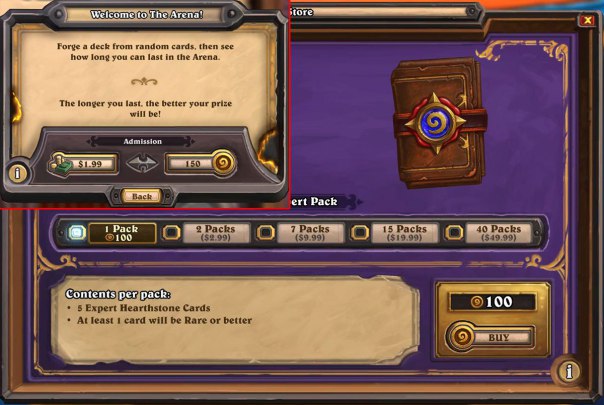While many of us learned about episodic games by playing Telltale Games from the mid-late 2000s, this format has been around in various forms since the early ’80s. Titles like Dunjonquest, Wizardry, Dragon Slayer II: Xanadu, and Sorcerian were innovative for providing expansion-like episodes and/or being divided into small episodes that players could purchase to see the entire story.
Even though they’ve never held the spotlight like the FPS or RPG genre, episodic games recently became more common when a number of developers started churning out memorable, story-driven projects. The Walking Dead: Season One took the industry by storm when it was released a couple of years back, receiving wide critical acclaim and earning several Game of the Year awards.
The episodic model has continued rising in popularity thanks to more amazing titles boasting great stories. It’s still too early to say if they’ll remain a favorite or die down like many genres before. Either way, here are four reasons why people today enjoy episodic games so much.
1. Availability
Certain game types have trouble providing a consistent experience across platforms. For example, the controls on real-time strategy games on the PC provide much more precision and control than the controls on the same real-time strategy games on the smartphone. Similarly, you’re at a disadvantage playing a fighting game with a mouse and keyboard instead a console controller.

Leading episodic games today, however, play almost the same on all platforms. Whether you have a iPad, PC, or a next-gen console, you’re getting the same experience with titles like The Wolf Among Us, Tales of Monkey Island, and more. Why can these games transcend platforms much better than other game types? One such reason is…
2. Approachable Gameplay
As the years go by, more and more people are identifying themselves as gamers. But top-selling game series like Assassin’s Creed or hot MOBA titles like League of Legends aren’t solely responsible for the growth in gamers. The gaming community is expanding thanks to mobile games that are very approachable, which means someone who didn’t play games before now has far more access to gameplay. Nintendo is also responsible for introducing video games to many people across the globe with their motion-controlled Wii console.
In other words, the easier it is to pick up a game, the more likely it is to have a lot of fans. This is true for most episodic games today since few of them are demanding in terms of button inputs, reaction time, etc. All it takes is a button press or two to make dialogue choices, move a character, and complete a quick-time event. Someone who is intimidated by input-demanding games will have no trouble checking out your average episodic title.
3. Enticing Business Model
Just five years ago no one could have imagined that free-to-play games would be raking in serious dough. Hits like Clash of Clans, Candy Crush Saga, and Hearthstone have proven that people are willing to spend money on freemium content if they’re into the main game, which they downloaded for free. What’s interesting is that episodic games have a pretty similar business model as free-to-play games.

For one, they both offer a taste of the game at no charge. It is now common for developers to make the first episode of their game for free. Gamers get invested enough into the story that they want to know what happens next, which means purchasing the following episode. These extra episodes come with small price tags that don’t feel too costly.
4. Story-driven Experiences
If there’s one thing history has shown us, it’s that people have always appreciated a good story. This is the reason why guys like Shakespeare and Homer are still remembered all these years later. It’s also the reason why so many people spend a lot of their time watching movies, binge-watching their favorite television series, or getting lost in a good book.
Since video games are interactive, they offer a narrative experience unlike any other. And while other genres are more than capable of telling an interesting tale, most would argue that episodic games are one of the best. Since the gameplay is simple, there’s more focus on the characters and how they interact and develop within game world. Having choice-driven dialogue and big player decisions that impact the story only serve to captivate the audience even more.
[su_note]Learn the skills you need to succeed as a game designer at the Game Design School at the New York Film Academy by clicking here.[/su_note]

